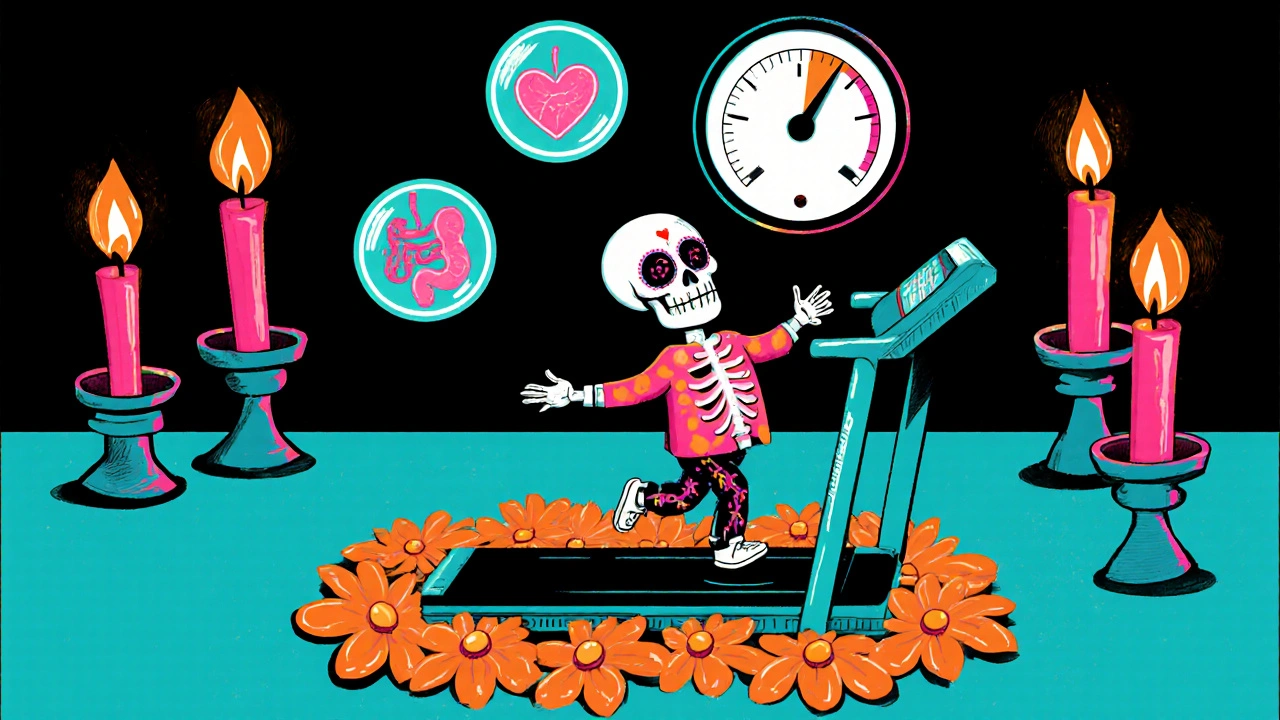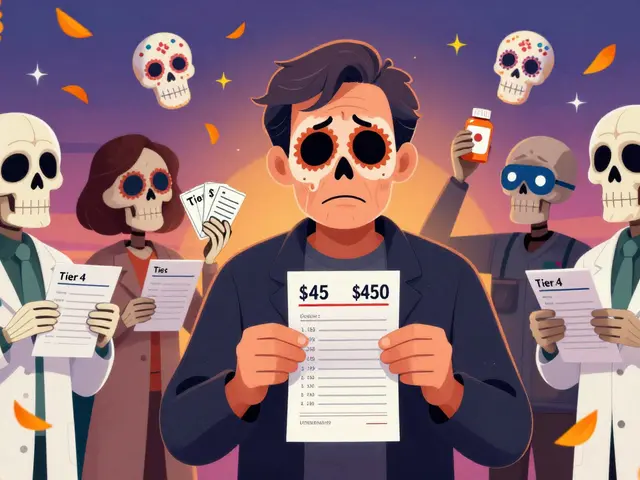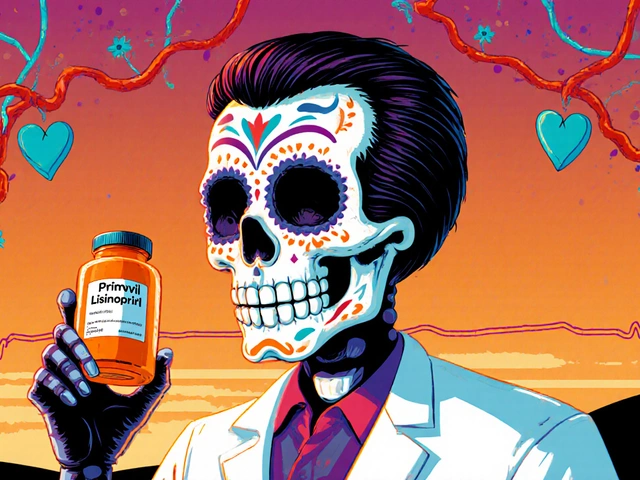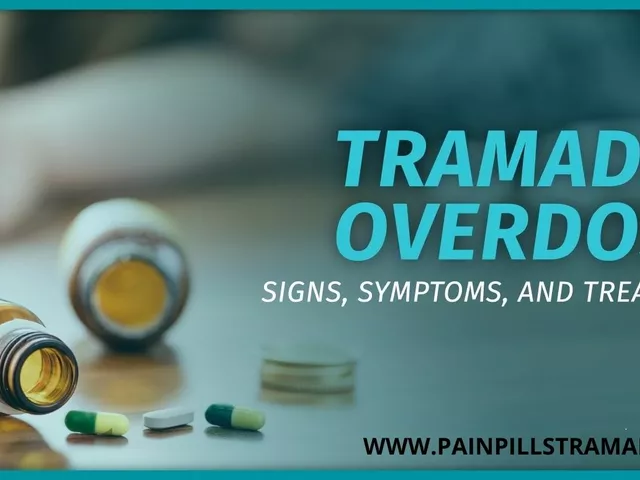Hypertension – Your Complete Guide
When dealing with hypertension, a condition marked by consistently high blood pressure. Also known as high blood pressure, it raises the risk of heart disease, stroke, and kidney problems. Hypertension often flies under the radar until a doctor measures it. Understanding blood pressure, the force of blood against artery walls is the first step to control. In many cases doctors prescribe antihypertensive medication, drugs that lower blood pressure by relaxing vessels or reducing fluid volume to keep numbers in a safer range.
Key Aspects of Hypertension Care
Hypertension requires two main actions: medication when needed and lasting lifestyle changes. Regular exercise, a salt‑aware diet, and weight management directly lower the pressure on vessel walls. Studies show a 30‑minute walk most days can shave a few points off systolic readings. Reducing processed food, especially meals high in sodium, cuts the fluid retention that pushes numbers up.
Another pivotal player is cardiovascular risk, the collection of factors like smoking, high cholesterol, and family history that increase heart‑related problems. When cardiovascular risk climbs, hypertension tends to follow, creating a feedback loop that amplifies danger. Managing cholesterol with diet or statins, quitting smoking, and monitoring blood sugar all interfere with that loop, making blood‑pressure control easier.
People often wonder whether they need medication right away. The decision hinges on the severity of the reading and the presence of other risk factors. For mild elevations, doctors may start with lifestyle tweaks and monitor progress for a few months. If numbers stay high or organ damage appears, antihypertensive drugs become essential. Common classes include ACE inhibitors, beta‑blockers, calcium‑channel blockers, and diuretics—each works a bit differently, so a doctor tailors the choice to your overall health profile.
Beyond pills and workouts, self‑monitoring empowers patients. Home blood‑pressure cuffs give instant feedback, helping you spot trends before a doctor’s visit. Aim for two readings each morning and evening, record them, and share the log with your provider. Consistent tracking also highlights how stress, caffeine, or sleep affect your pressure, letting you fine‑tune habits.
The collection below pulls together practical guides, medication overviews, and condition‑specific advice that fit into the broader hypertension picture. Whether you’re looking for details on a particular antihypertensive drug, tips on cutting sodium, or ways to understand your cardiovascular risk, these articles offer clear, actionable information to keep your pressure in check.

Azilsartan shows promise for lowering blood pressure and improving lung function in cystic fibrosis patients, offering a once‑daily, well‑tolerated alternative to older antihypertensives.
Chris Gore Oct 20, 2025




